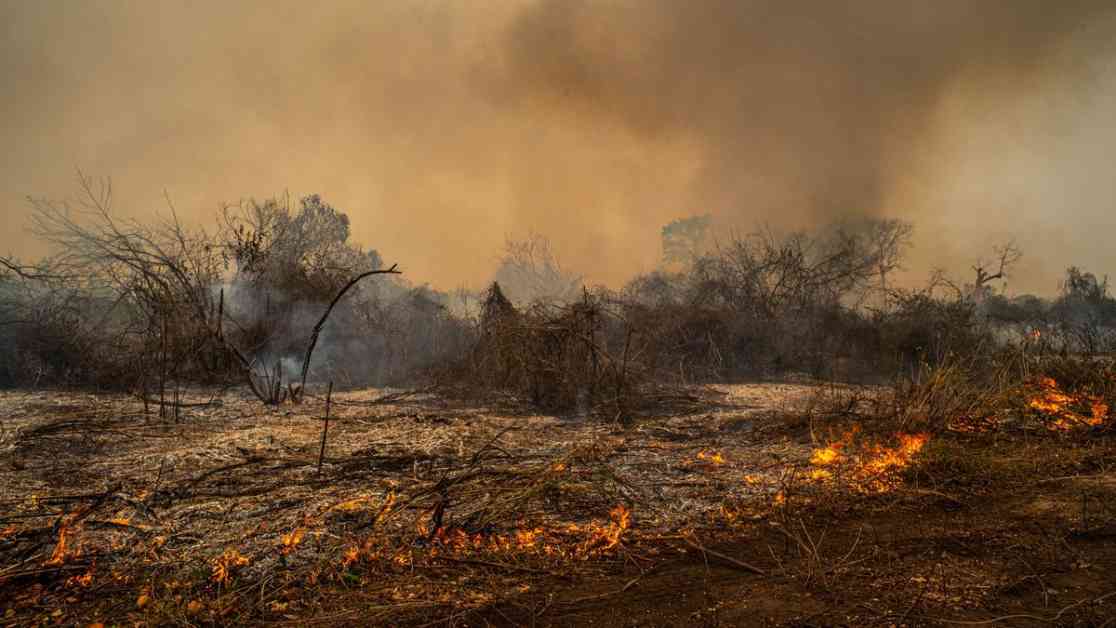Climate change has been a major topic of discussion in recent years, with the United Nations (U.N.) warning that drastic action needs to be taken to prevent a climate catastrophe. A recent report from the U.N. highlighted the impact of climate change on global temperatures, stating that if more ambitious climate targets are not set, global temperatures could rise to 3.1 degrees Celsius above preindustrial levels by 2100. This would be more than double the target outlined in the 2015 Paris Agreement and would have devastating consequences for the planet.
The report also noted that current levels of human-induced warming are already 1.3 degrees Celsius above preindustrial levels, meaning that we are quickly approaching the 1.5-degree target set by the Paris Agreement. In order to prevent the worst effects of climate change, greenhouse gas emissions need to be reduced by 9% each year until 2030.
Global greenhouse gas emissions reached 63 gigatons of carbon dioxide equivalent in 2023, which is a 1.3% increase from 2022 levels. This increase is due to a return to pre-pandemic levels of activity in the industrial and transport sectors. The report emphasized the need for countries to collectively cut yearly greenhouse gas emissions by 42% before 2030 and by 57% before 2035 in order to keep the 1.5-degree target alive.
The upcoming U.N. Conference of the Parties (COP) climate summit will be a crucial opportunity for world leaders to come together and make more ambitious climate commitments. The report highlighted the importance of countries updating their Nationally Determined Contributions (NDCs) every five years and urged leaders to take inspiration from the upcoming conference to take bold action.
Overall, the report serves as a stark reminder of the urgent need for action to address climate change and prevent a climate catastrophe. The consequences of inaction are clear, with increasingly frequent and intense climate disasters impacting communities around the world. It is crucial that countries work together to meet their climate targets and reduce greenhouse gas emissions in order to protect the planet for future generations.




